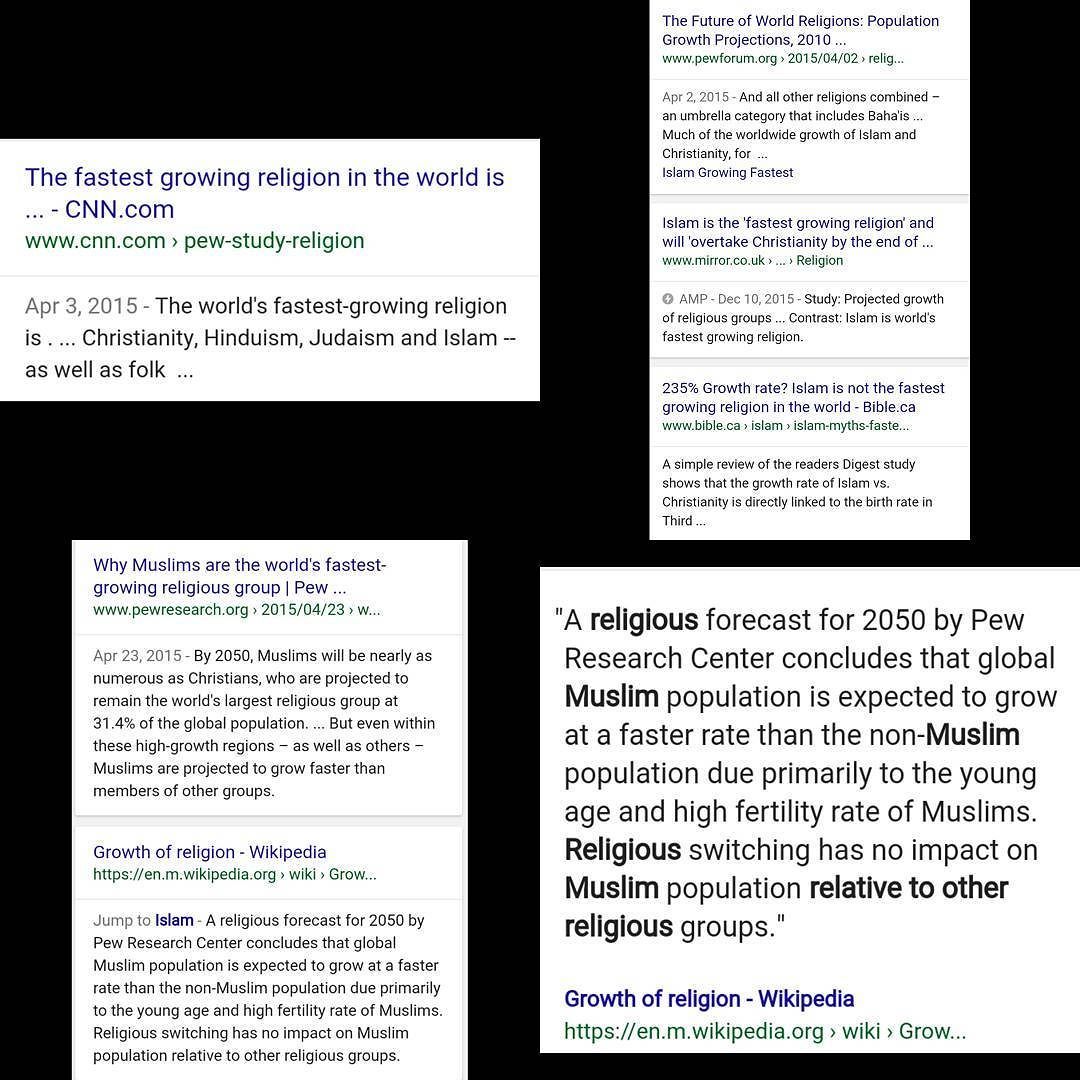Understanding Religion: Myths of Brainwashing and Authentic Belief
Introduction: Questioning Religion and the Brainwashing Debate
The relationship between religion, brainwashing, and the authenticity of belief has long been a subject of public discussion and academic inquiry. Some critics claim that religious groups utilize coercive psychological tactics, while others argue that genuine faith arises from personal conviction and cultural tradition. This article examines these controversies, presents current research, shares real-world perspectives, and offers actionable guidance to those seeking clarity or support. Readers will find practical steps for critical thinking and sources for further exploration, with all information grounded in verifiable, authoritative references.
What Is Brainwashing? Scientific and Historical Perspectives
Brainwashing, also known as coercive persuasion, is defined as a systematic effort to persuade individuals to adopt a doctrine or allegiance, often through manipulation that bypasses their will or critical faculties. The term gained prominence following reports of psychological manipulation in political prisons during the mid-20th century, particularly in communist regimes after the Chinese Communist victory in 1949 and during the Korean and Vietnamese wars. Techniques associated with brainwashing include isolation, intense regimentation, social pressure, and even physical or psychological punishment. However, the depth and permanence of such indoctrination vary considerably, and most scientific experts agree that the evidence for persistent, large-scale brainwashing is limited and largely contextualized within extreme environments such as cults or authoritarian movements [1] .
In the context of religion, accusations of brainwashing have most frequently targeted fringe or new religious movements (sometimes labeled as ‘cults’), especially when these groups exhibit highly restrictive social and behavioral controls. Despite public concern, decades of research have found little scientific support for the idea that mainstream religious groups systematically employ brainwashing techniques. Court testimony and academic literature often question the validity of applying ‘brainwashing’ models to religious belief, emphasizing the need for rigorous, case-by-case analysis [2] .
Religion, Indoctrination, and Critical Thinking
Indoctrination, a concept closely related to brainwashing, involves teaching individuals to accept a set of beliefs without question. While all education involves some transmission of values and knowledge, indoctrination is generally characterized by suppressing doubt and discouraging independent inquiry. Critics argue that some religious communities may discourage questioning, but research and surveys indicate that this phenomenon is not exclusive to religion. Even non-religious worldviews can involve strong social pressures and confirmation bias, leading to uncritical acceptance of certain ideas. For example, a survey of university students found that both religious and non-religious individuals reported being accused of indoctrination, illustrating that the issue transcends specific belief systems [3] .
It is important to recognize that critical thinking and self-reflection are essential for any worldview. Individuals are encouraged to seek out diverse perspectives, evaluate evidence, and remain open to changing their minds. Practical steps for fostering critical inquiry include:

Source: depositphotos.com
- Reading a wide range of sources, including those that challenge your current beliefs.
- Engaging in respectful dialogue with people of differing views.
- Learning about cognitive biases, such as confirmation bias, and how they affect decision-making.
- Seeking guidance from educators, counselors, or support groups if facing restrictive or coercive environments.
For those concerned about indoctrination-religious or otherwise-consider consulting resources from reputable academic institutions or organizations specializing in critical thinking education.
Is Religion Fake? Evaluating Claims and Beliefs
The assertion that religion is ‘fake’ is a philosophical position rather than an empirically testable claim. Religion encompasses a vast array of traditions, rituals, and worldviews. While some people argue that religious beliefs lack scientific evidence, many adherents find profound meaning, ethical guidance, and community through their faith. Prominent critics like biologist Richard Dawkins have argued that belief in God is unsupported by empirical data, but also acknowledge that religion can provide comfort and social cohesion [4] .
From an academic perspective, mainstream religions are generally not classified as fraudulent or inherently deceptive. Instead, they are regarded as complex cultural phenomena with both positive and negative social effects. The value and ‘truth’ of religious claims are interpreted differently depending on one’s philosophical outlook. For those seeking to evaluate religious claims:

Source: discover.hubpages.com
- Learn about the history and origins of various religions through courses or reputable books from university presses.
- Consider the psychological, social, and cultural roles that religion plays in human societies.
- Explore both critical and supportive perspectives, such as works by religious scholars and secular philosophers.
If you wish to investigate specific beliefs, consider seeking guidance from academic departments of religious studies or speaking with subject matter experts. Local libraries and universities may offer access to scholarly resources and community education programs.
Real-World Examples: Cults, New Movements, and Mainstream Faith
Much of the controversy around religion and brainwashing arises from high-profile cases involving so-called ‘cults’ or new religious movements. Notable incidents, such as the Hearst kidnapping or the activities of groups like the Unification Church and Hare Krishna, have fueled public anxiety. In these contexts, some former members reported experiences of psychological manipulation, social isolation, and loss of autonomy. However, leading scholars caution against generalizing these cases to all religious practice. J. Gordon Melton and other researchers have argued that the application of brainwashing theories is often exaggerated in popular discourse and lacks robust scientific consensus [5] .
In contrast, mainstream religions-such as Christianity, Islam, Judaism, Buddhism, and Hinduism-typically emphasize voluntary participation and provide avenues for questioning and dissent. Many religious communities actively encourage intellectual exploration and engagement with philosophical questions. For instance, some universities and seminaries host public lectures and forums devoted to interfaith dialogue and critical inquiry.
Practical Guidance: Seeking Support, Information, and Community
If you are questioning your beliefs, concerned about coercion, or seeking a supportive environment for intellectual exploration, there are several practical steps you can take:
- Speak with trusted mentors, counselors, or educators who respect your autonomy and privacy.
- Join discussion groups or forums that prioritize open dialogue and respectful debate. Many universities and libraries offer such programs.
- Contact academic departments of religious studies or philosophy at local universities for information on relevant courses and public events.
- Seek out organizations dedicated to promoting freedom of belief and critical inquiry. These may include secular humanist societies, interfaith organizations, and mental health associations.
- If you believe you are in a coercive or harmful environment, you may consider reaching out to licensed mental health professionals, local support services, or national hotlines for confidential assistance.
To locate qualified professionals or organizations, you can search through official directories such as the American Psychological Association ( apa.org ) or your country’s equivalent. Consider using search terms like “religious counseling,” “critical thinking education,” or “support for questioning faith.”
Alternative Perspectives and Ongoing Debates
The intersection of religion, brainwashing, and authenticity remains an area of active debate. Some advocates for religious freedom caution against labeling unfamiliar or minority groups as coercive without clear evidence, noting that such accusations have sometimes been used to justify discrimination. Others emphasize the importance of vigilance against genuinely harmful practices. The most effective approach involves careful, evidence-based assessment of specific situations, respect for individual autonomy, and access to trusted information sources.
Key Takeaways
While the concept of religious brainwashing is widely discussed, most scientific experts agree that mainstream religious practice is not inherently coercive, and that genuine faith typically arises from complex interactions of personal choice, cultural context, and community. If you are concerned about indoctrination, seeking to evaluate the authenticity of belief, or simply wish to learn more, consider consulting reputable academic and mental health resources, engaging in critical inquiry, and connecting with open-minded communities. Above all, approach the topic with a commitment to evidence, empathy, and intellectual humility.
References
- [1] Encyclopaedia Britannica (2025). Brainwashing | Cults, Indoctrination, Manipulation.
- [2] IvyPanda (2024). Brainwashing in Religion.
- [3] The Mercury (2018). I’m baptized, not brainwashed.
- [4] YouTube (2021). “Stop Brainwashing children!” Richard Dawkins on religion.
- [5] CESNUR. Melton’s Critique of Brainwashing.
MORE FROM cheerdeal.com













